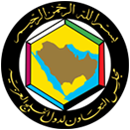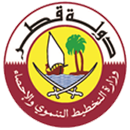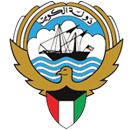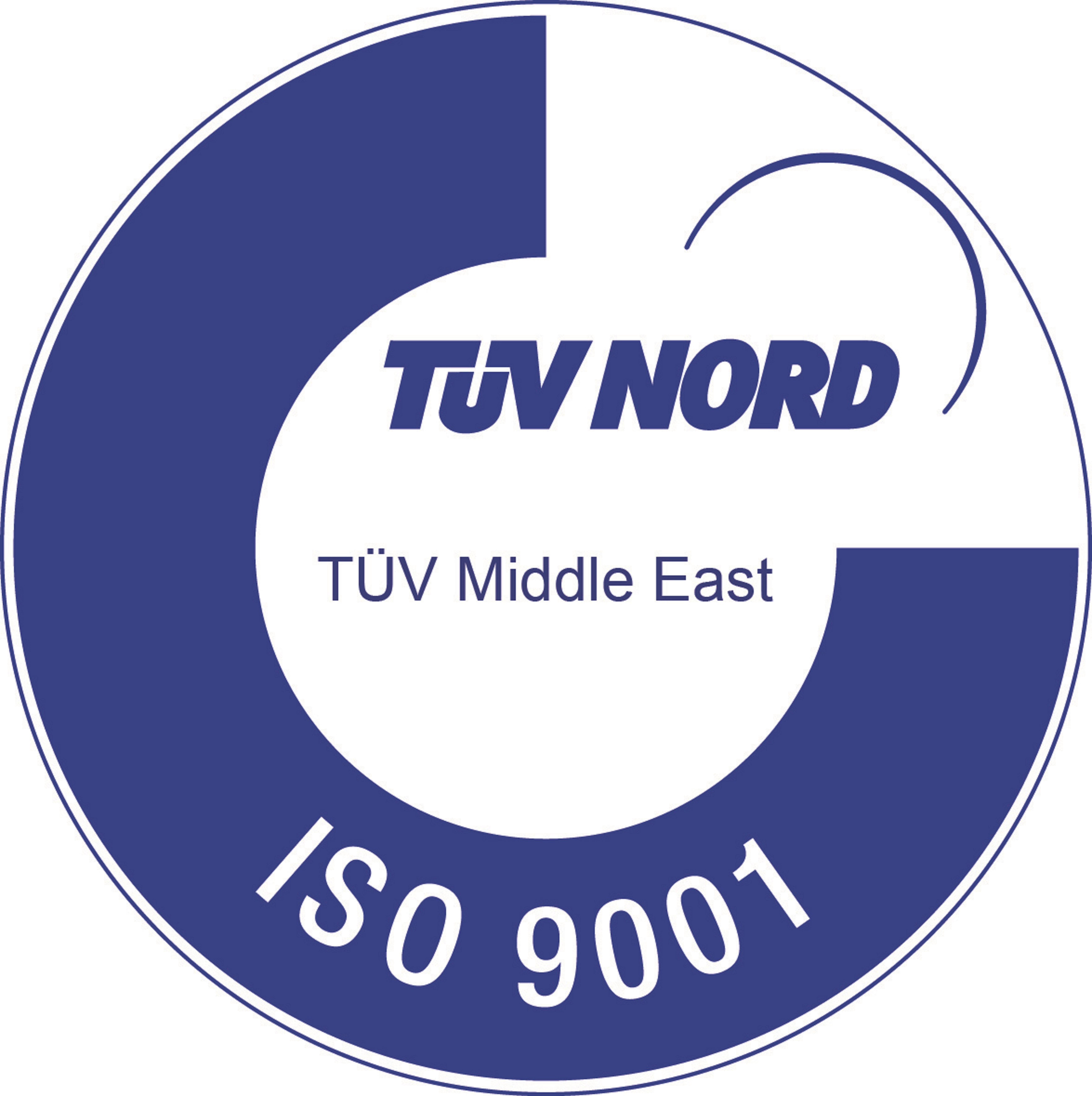
GCC-Stat Congratulates State of Kuwait on the National Day and Liberation
Muscat – In the celebration of the 55th Kuwaiti National Day and the 25th Liberation Day, GCC-Stat is pleased to extend sincere congratulations to the leadership and the people of Kuwait state. These two occasions celebrate the dearest and unforgettable memories for the people and government of Kuwait, reminding them of the glories and achievements of the ambitious people of Kuwait under its leadership that wrote the greatest stories of struggle, perseverance and devotion to build a distinguished, modern country.
Under the leadership of His Highness Sheikh Sabah Al-Ahmad Al-Jaber Al-Sabah, the Amir of the State of Kuwait, may Allah protect him, Kuwait has witnessed remarkable and civilized achievements, and grand edifice in all its aspects of human and sustainable development, making a new prosperous phase in the history of the country.
Kuwait prepares to embark on a new economic phase, after the approval of the five -years Development Plan 2015-2020 its official authorities. The plan aims to transform Kuwait into an attractive global financial and commercial hub for investments in which the private sector leads economic activities, foster the spirit of competition and raise the efficiency of production. The Kuwaiti economy recorded a remarkable growth in the net primary income from abroad by 11.3%, rising to $ 14.8 billion in 2014, compared to $ 13.3 billion in 2013. Likewise, the gross fixed capital formation at current prices rose by 3.6% from $ 25.0 billion in 2013 to $ 25.9 billion in 2014.
The Kuwaiti Development Plan includes a group of large-scale projects that will be accomplished in the upcoming years. The plan comprises various types of projects for many economic sectors including oil and gas, electricity, water and infrastructure such as airports and ports. Kuwait has also witnessed an improvement in the business environment in recent years, as a result of the successive steps taken in this direction. The trade exchange between Kuwait and other GCC countries rose by 6.0% to about $ 7.1 billion in 2014 compared to 6.7 billion in 2013.
The State of Kuwait is one of the key world oil producer and exporter; it is also a founding member of the Organization of Petroleum Exporting Countries (OPEC). It has the fifth-largest oil reserves in the world in 2014, as Kuwaiti lands has 6.8% of the world oil reserves, according to a report issued by OPEC in 2015. The electricity production in Kuwait rose to 65.1 thousand gigawatts/hour in 2014, rising by 6.8% compared to the previous year.
The government efforts have contributed to Kuwait’s excellence regionally and globally making it a leading business center and an attractive environment for business and investment. Also, Kuwait occupied a leading positions in many Global Competitiveness Reports such as ranking fourth among Arab countries according to Global Competitiveness Report 2015-2016 issued by the World Economic Forum. Globally level, Kuwait has clearly improved its ranking, achieving a 6-place jump from the 40th to the 34th world place out of 140 countries, in addition to achieving other leading positions in macroeconomic environment. Kuwait ranks first worldwide in government surplus as a percent of gross domestic product at a rate of 25.5%, and comes second in government saving as percentage of the GDP by 51.9%. It has also occupied the fourth position worldwide as one of the countries with the least government gross debt as percentage of the GDP at 7.1%.
Kuwait also seeks to achieve the objective of “Education for all” as a key part of the development plans since the inception of the state. The evident progress made each year is reflected in the increase in the number of teachers in the private and public schools to about 75 thousand teachers in 2014, marking an increase of 3.3% compared with the previous year. The number of students rose by 2.7% to 610 thousand students in 2014 compared with 594 thousand students in 2013.
In order to secure the highest levels of health care, the State of Kuwait sought to establish hospitals that meet the highest international quality standards. In 2014, the number of the hospitals amounted to 32, both government and private, equipped with 8,230 beds and staffed with skilled crews of well-trained medical professionals. In order, to promote healthcare coverage and the provision of quality healthcare services in a timely manner, the government increased the number of healthcare clinics to cover all regions.
GCC-Stat wishes state of Kuwait and its loyal people further progress, advancement and prosperity under the wise leadership of His Highness Sheikh Sabah Al-Ahmad Al-Jaber Al-Sabah, Amir of Kuwait, may Allah protect him and the Crown Prince Sheikh Nawaf Al-Ahmad Al-Jaber Al-Sabah- may Allah save him.
















